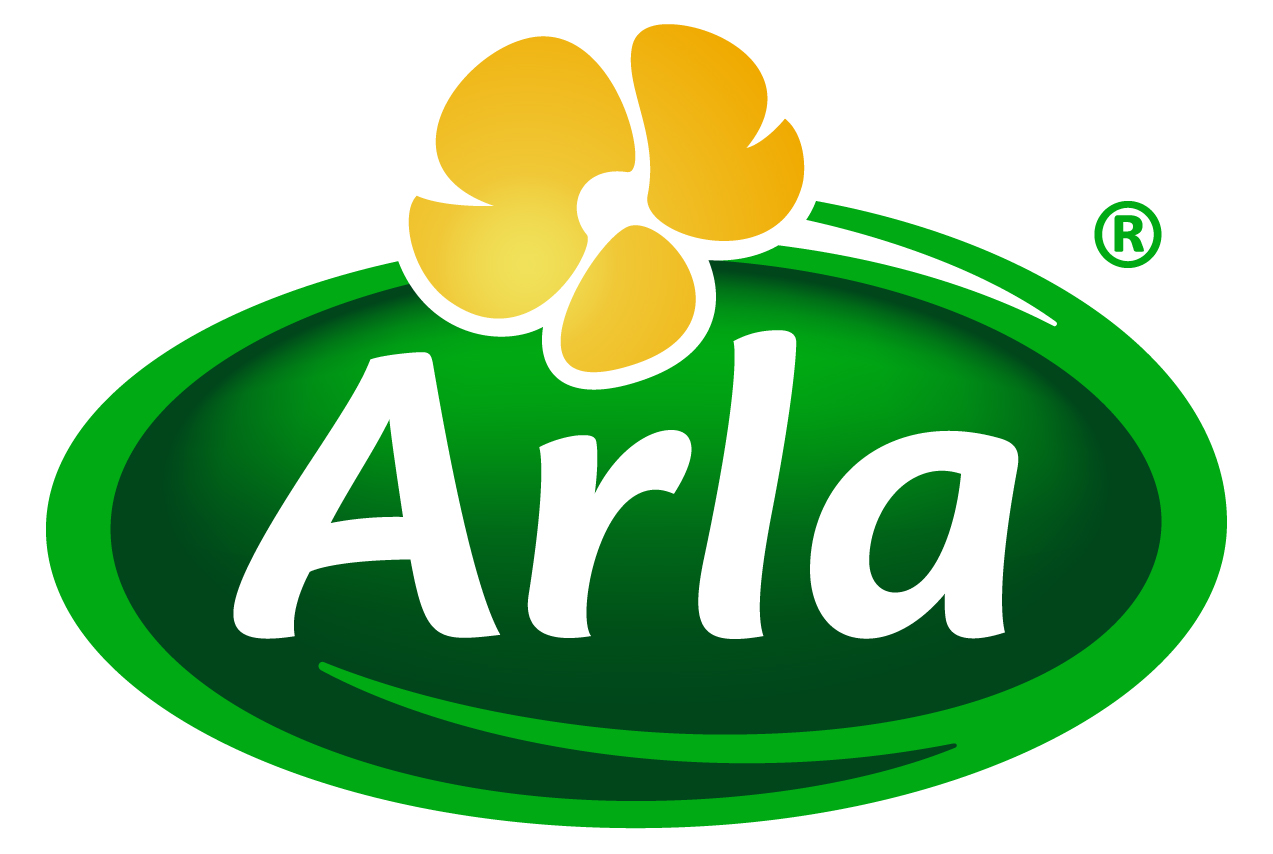New strategy for sustainable dairy farming
Arla has developed a global strategy for Sustainable Dairy Farming, focusing on animals, climate, nature and resources. The new strategy will further reinforce Arla’s position as a responsible company and assist Arla farmers with their ongoing work around climate, waste and animal welfare.
European dairy farmers [1] are already among the most efficient in the world, when it comes to impact on the climate. Arla’s strategy will take its farmer owners to the next level by helping them take further positive steps towards more sustainable milk production.
As a farmer-owned cooperative, Arla can make a true difference across its entire value chain: "We have taken a stand on animal welfare, climate change, sustainability and other environmental issues. In Arla, we believe that by working with sustainable solutions, across the entire value chain, we will increase our competitiveness," says Peder Tuborgh, CEO of Arla.
The strategy
Arla’s Sustainable Dairy Farming Strategy was defined throughout 2013, in conjunction with elected farmer representatives from Sweden, Denmark, the UK, Germany, Belgium and Luxembourg. The overall goal is that by 2020, the carbon footprint per kilogramme of milk from Arla farms will be reduced by 30 per cent compared to 1990.
"It is a great achievement to have our farmers involved in developing Arla’s sustainability strategy for their farms, in a way that makes them feel comfortable with the fact that sustainability is not to the detriment of financial performance," says Åke Hantoft, Chairman of Arla.
Four focus areas have been defined and will set the direction of Arla’s work: animals, climate, nature and resources. The overall focus will be on working together across the supply chain to improve animal welfare, save resources - such as water, energy and feed, reduce greenhouse gas emissions, and develop biodiversity focused initiatives in each owner country."
The strategy does not place new demands on farmers, over and above the high standards already included in the Arlagården® programme. Arla is already a sustainable company, but we want to take it to the next level by providing farmers with new opportunities. Offering voluntary on-farm carbon assessments and farm workshops, to our farmers, will help them become even better," says Henrik Damholt Jørgensen, Vice President, Global Member Services.
What has happened to date?
- On-farm carbon assessments have been carried out on approximately 1,500 Arla farms in the UK, Sweden and Denmark (voluntary and free of charge for farmers)
- Approximately 280 farm workshops have been held in the UK, Sweden and Denmark, for small groups of Arla farmers, aimed at reducing the carbon footprint by improved farm management and reducing waste in the production cycle
- An ongoing, responsible, approach towards animal welfare has been taken through the Arlagården global quality assurance programme. The programme is mandatory for every Arla farmer and was implemented in Denmark and Sweden in 2003. It has recently been rolled out in Germany, Belgium and Luxembourg. Work is ongoing in the UK to introduce Arlagården in 2015, alongside the national Red Tractor Dairy Scheme
Arla will continue to offer free and voluntary on-farm assessments to its farmers and expects to complete at least 800 carbon assessments each year.
For Germany, Belgium and Luxembourg a carbon assessment solution will be developed in the near future and farm assessments and workshops will follow.
UK environmental programme
Over a three year period, between 2010 and the end of 2013, 200 workshops took place across the UK and 900 voluntary carbon and energy assessments were carried out by E-CO2, across 420 farms.
As part of the programme, 163 of these farms had their carbon footprint calculated every year, for three years. Results from this core pool showed:
- An eight per cent reduction in carbon footprint over the three years
- An increase in production of seven per cent
- A reduction of 11 per cent in nitrogen use, equivalent to taking three cars of the road a year per participating farm, or one round the world flight per participating farm per year
Commenting on the success of the UK environmental programme, John Cook, a British co-owner of Arla Foods amba said: "I have achieved significant benefits on-farm form the workshops, not only environmentally, but financially too.
"I assumed that the programme would be centred around energy and power reduction. However, it became apparent that the most important way to reduce the carbon footprint of a dairy farm is to manage a herd of healthy cows, producing to their full potential."
[1] M Hagemann et al/Animal Feed Science and Technology 166 – 167 (2011) 46-58
LP Lesschen et al/ Animal Feed Science and Technology 166 – 167 (2011) 16 - 28
Arla Foods is home to some of the UK’s leading dairy brands including Cravendale, Lurpak, Castello, Lactofree and Anchor. The cooperative processes 3.2 billion litres of milk a year and has a turnover of approximately £2bn.
Arla is the UK's number one dairy company, by turnover and milk pool, and is the largest supplier of both butter and spreads, and manufacturer of cheese in the country.
Over 4,000 daily deliveries are made to stores and regional distribution centres nationwide, Arla's brands can be found across the dairy category and the company has a 26 per cent share of the GB milk pool. Behind this leading business is a team of circa 4,000 people across the UK located at our dairies, distribution centres and head office.
